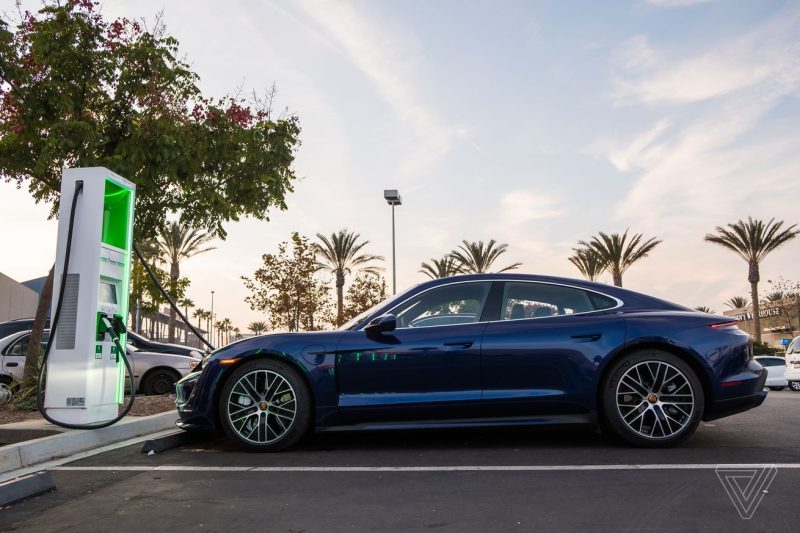Porsche’s Decision to Retain Gasoline-Powered Cars
Porsche’s decision to hold on to gasoline-powered cars for a bit longer has sparked discussions and reactions within the automotive industry and among enthusiasts. While the trend is shifting towards electric vehicles (EVs) and sustainable mobility, the German automaker’s stance on maintaining internal combustion engine (ICE) options in its lineup carries various implications and considerations.
Firstly, Porsche’s commitment to retaining gas cars reflects the complexity and challenges associated with the transition to fully electric vehicles. Despite the growing popularity of EVs, factors such as range anxiety, charging infrastructure, and cost parity continue to present hurdles for mass adoption. By maintaining gasoline-powered models, Porsche ensures that customers have a choice that aligns with their preferences and practical considerations.
Furthermore, Porsche’s decision highlights the brand’s dedication to preserving its heritage and identity. The iconic sound, performance, and driving experience offered by gas-powered vehicles are deeply embedded in Porsche’s DNA and have contributed to its loyal fanbase over the years. By continuing to offer ICE options, Porsche maintains a connection to its rich legacy while also evolving its technology and sustainability efforts through hybrid and electric models.
From a business perspective, Porsche’s strategy to prolong the availability of gas cars allows the company to navigate the market dynamics and evolving regulations effectively. While investing in electrification and sustainability initiatives, Porsche can leverage its existing expertise in high-performance combustion engines to meet customer demand and regulatory requirements. This balanced approach ensures a smooth transition towards a more sustainable future while sustaining profitability and innovation.
Moreover, Porsche’s emphasis on a gradual shift towards EVs underscores the thorough research and development involved in creating compelling electric alternatives. The brand’s commitment to delivering high-quality, high-performance electric vehicles aligns with its reputation for excellence and innovation. By taking the time to perfect its electric offerings, Porsche aims to set new benchmarks in the EV sector and provide customers with top-tier performance, range, and driving dynamics.
In conclusion, Porsche’s decision to retain gasoline-powered cars for the time being represents a strategic and nuanced approach to the evolving automotive landscape. By balancing tradition, innovation, customer preferences, and sustainability goals, Porsche demonstrates its adaptability and foresight in navigating the transition towards electrification. As the industry continues to evolve, Porsche’s commitment to excellence and customer-centricity will undoubtedly shape its future endeavors and solidify its position as a leader in the automotive market.
